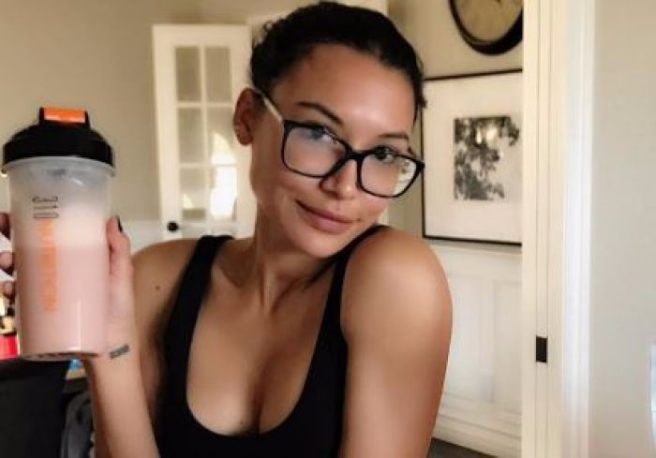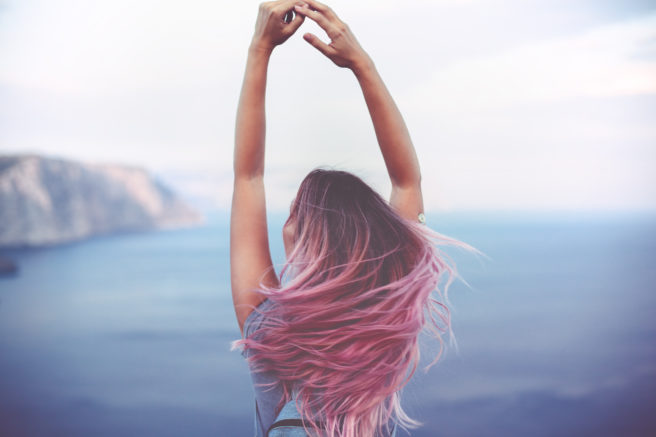
So, this is why your hair is falling out (and how to fix it)
There's no doubt about it: losing our hair can be a scary thing. If we see it thinning or falling out, the first reaction can be to panic.
But shedding hair is a part of everyday life; it's totally normal, in fact. We lose about 80 strands a day on average but for many women, alarm bells may start to ring if they start to lose significantly more than that.
You'll know what's normal for you – and when you need to start doing something about it.
What causes hair loss?
The reality is that there are so many potential triggers when it comes to hair loss, that it can be tricky to pinpoint defining factors, so we've asked Ciarán Purcell, Head of Retail Experience at Peter Mark to tell us six common reasons why you could be seeing less of your mane than usual:
Nutrition and diet
What you eat can play a significant role in hair thinning. High consumption of animal fats, rapid weight loss and liquid protein diets can result in a lack of amino acids, biotin, iron, protein and zinc – all of which are essential for healthy-looking hair.
Genetics can be a factor
Natural, age-related hormonal change can trigger hair loss. This is caused by the conversion of testosterone into the toxin Dihydrotestosterone (DHT) and can be inherited from either your mother or your father.
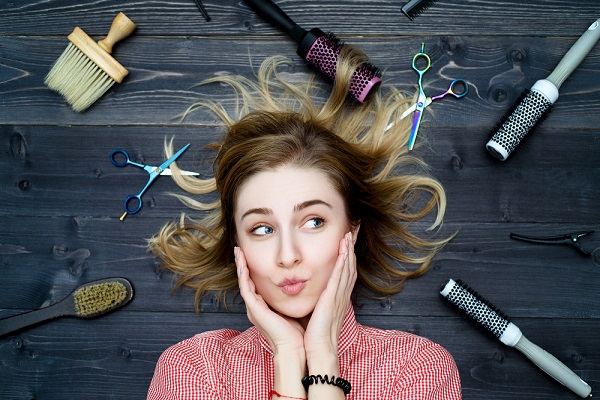
Stress doesn’t help your hair
Stress can produce increased levels of testosterone, which converts to DHT and interrupts the hair's growth cycle. Stress also constricts blood supply through the capillaries, restricting oxygen and nutrient uptake and vitamins to the follicle.
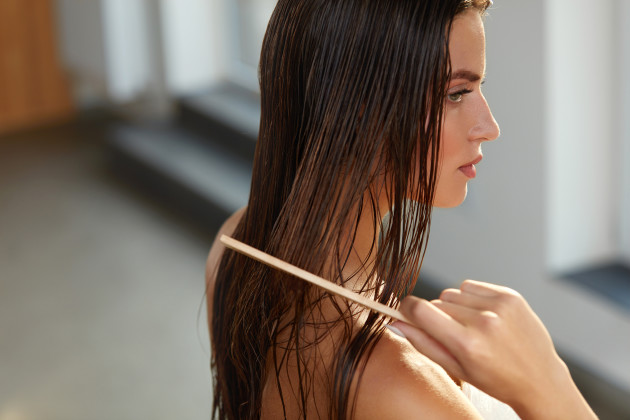
Your health is important
Several underlying health issues can cause hair thinning, including a malfunction of the hormone-producing thyroid or the natural hormonal changes women experience after pregnancy and during menopause.
Environmental factors can cause hair loss too
Air and water pollutants, chlorine, metals and minerals may be left on the scalp and hair thus contributing to thinning. Pollutants such as pseudo-estrogens and toxins from within our bodies are also a factor.
Medication can play a part
The hair follicle is incredibly sensitive to changes in the body. Any hormone therapy (including birth control) can contribute to hair thinning as can steroids, specific chemotherapies and medication for blood pressure, diabetes, heart disease and acne.
What can you do to fix it?
Below are some tips that should help:
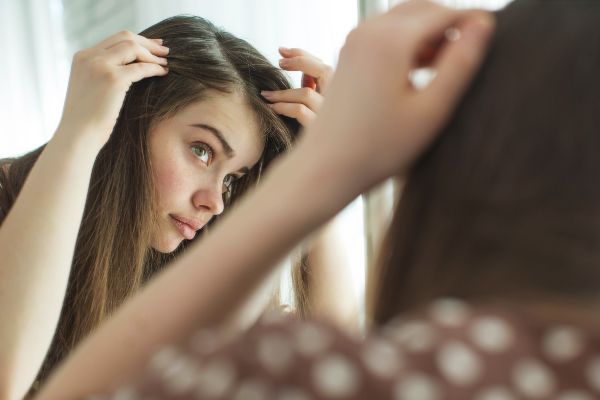
- Know when it becomes an issue – if you're noticing it shedding excessively, visit your GP.
- Treating your hair with the right products can help massively – Nioxin, a brand created to treat thinning hair is available in all Peter Mark salons, and is an excellent starting point.
- Change up your diet – eating lots of protein-rich foods (oily fish) and extra carbohydrates (fresh fruit) will help.
- Be sensitive about styling – avoid that topknot or any other styles that that place traction on the hair and hair follicles.
- Look after you – one product or thing won't help hair growth alone – it's important to look at your overall health and remember that hair can take at least six weeks to fully grow back.








